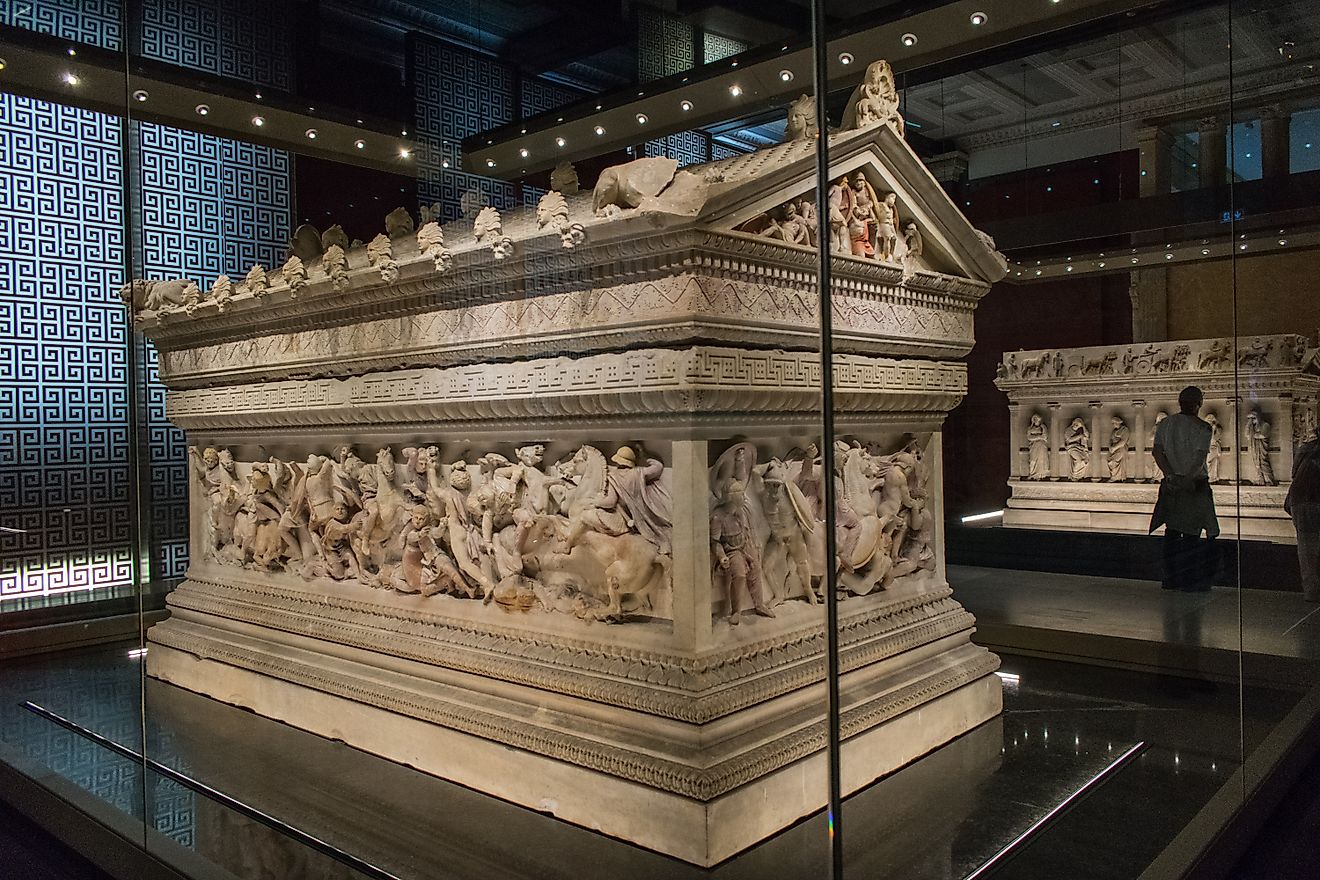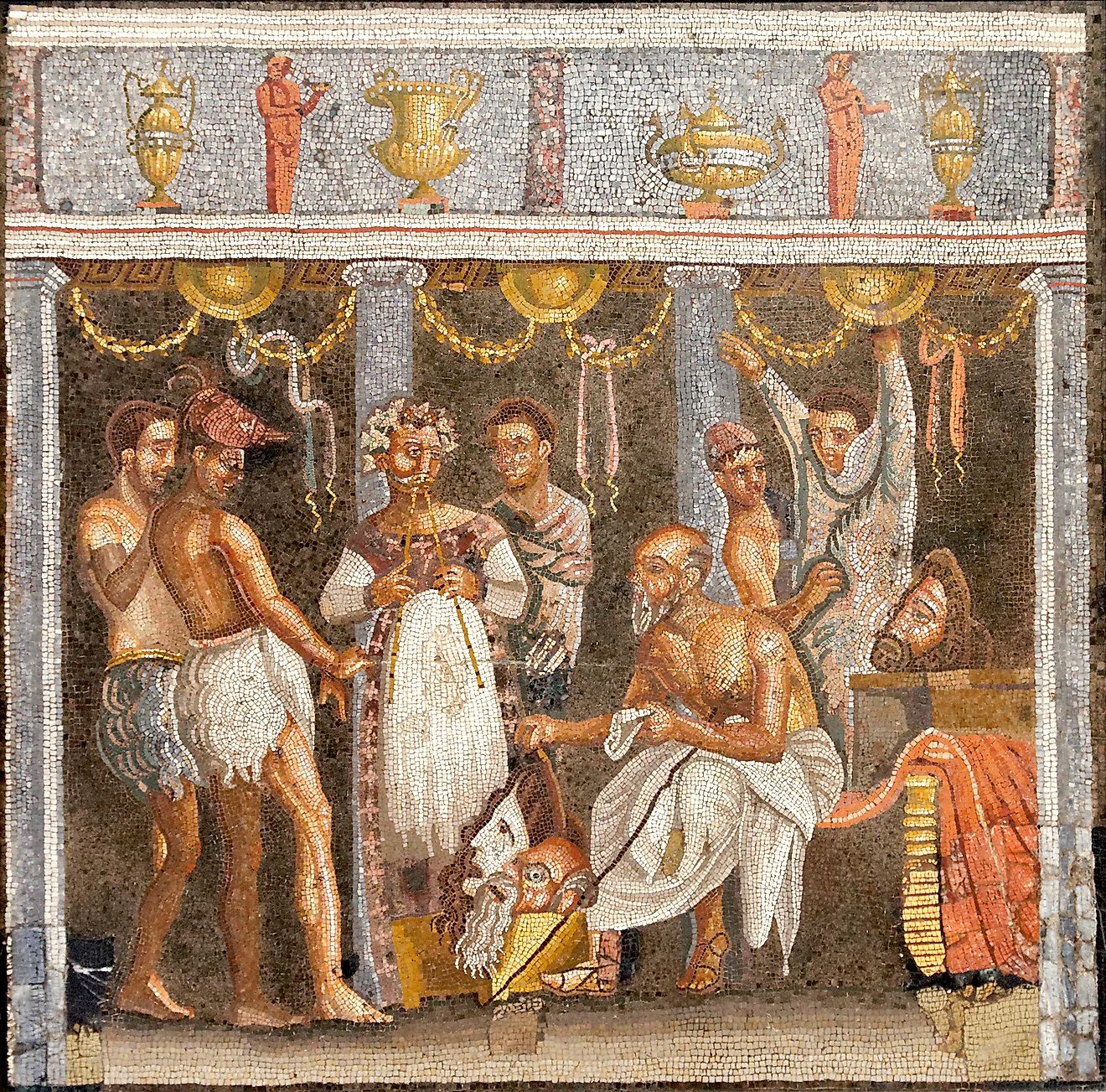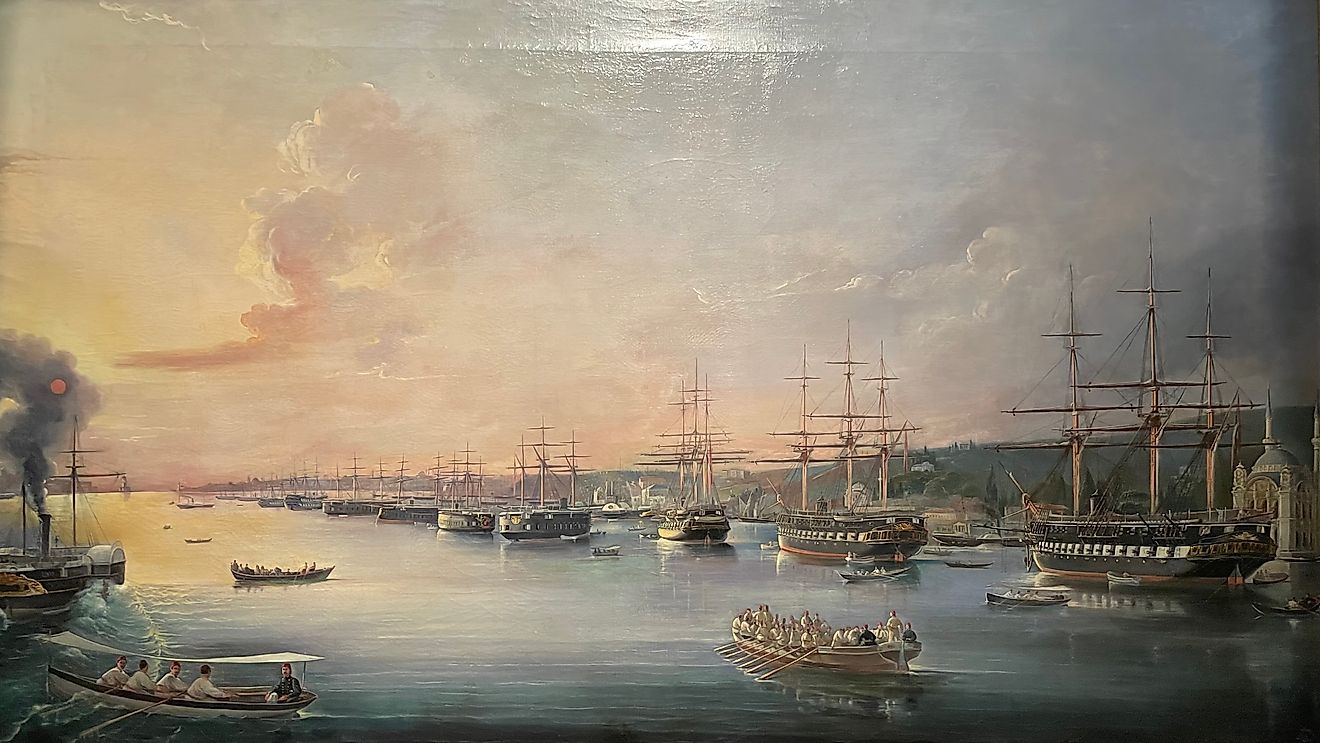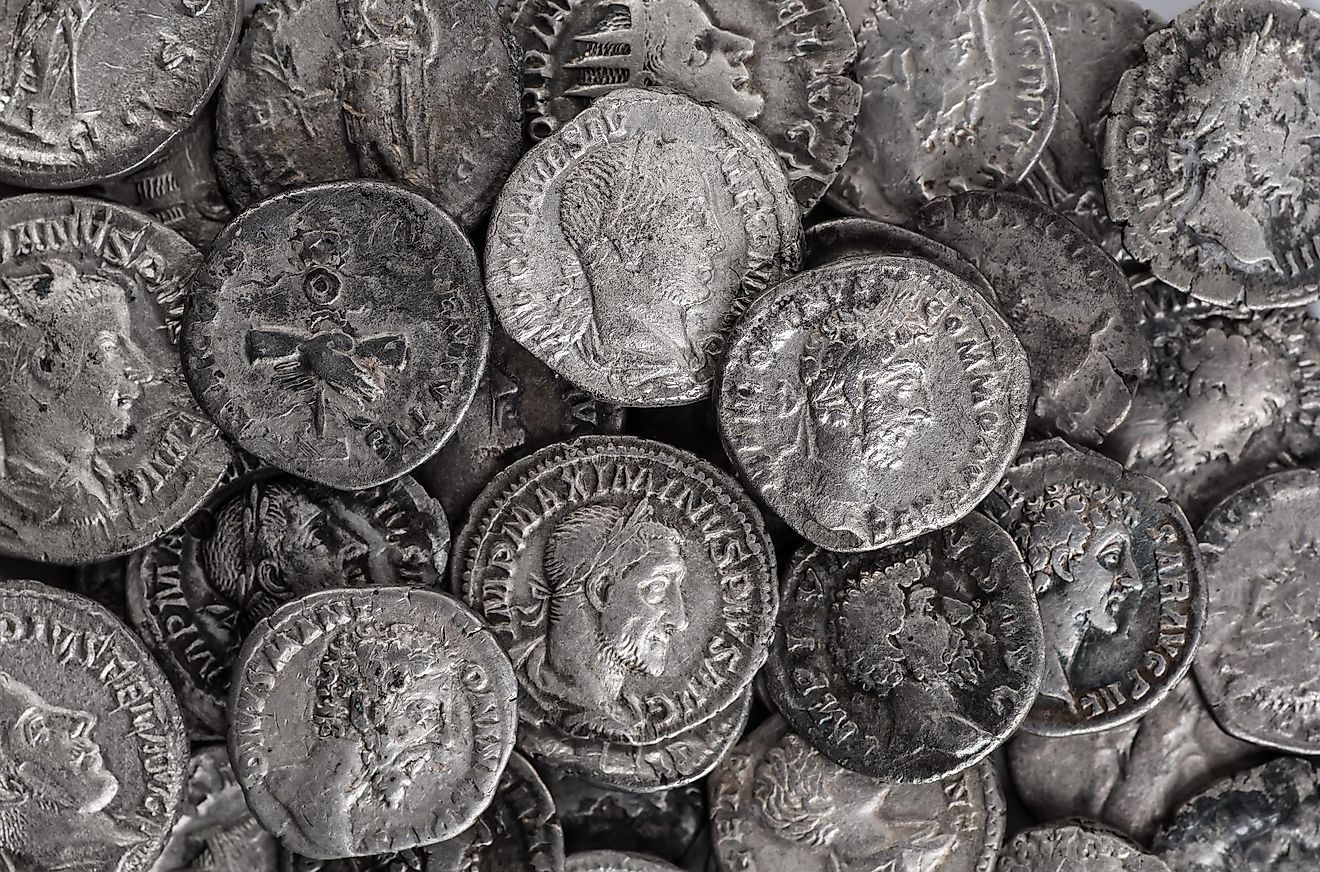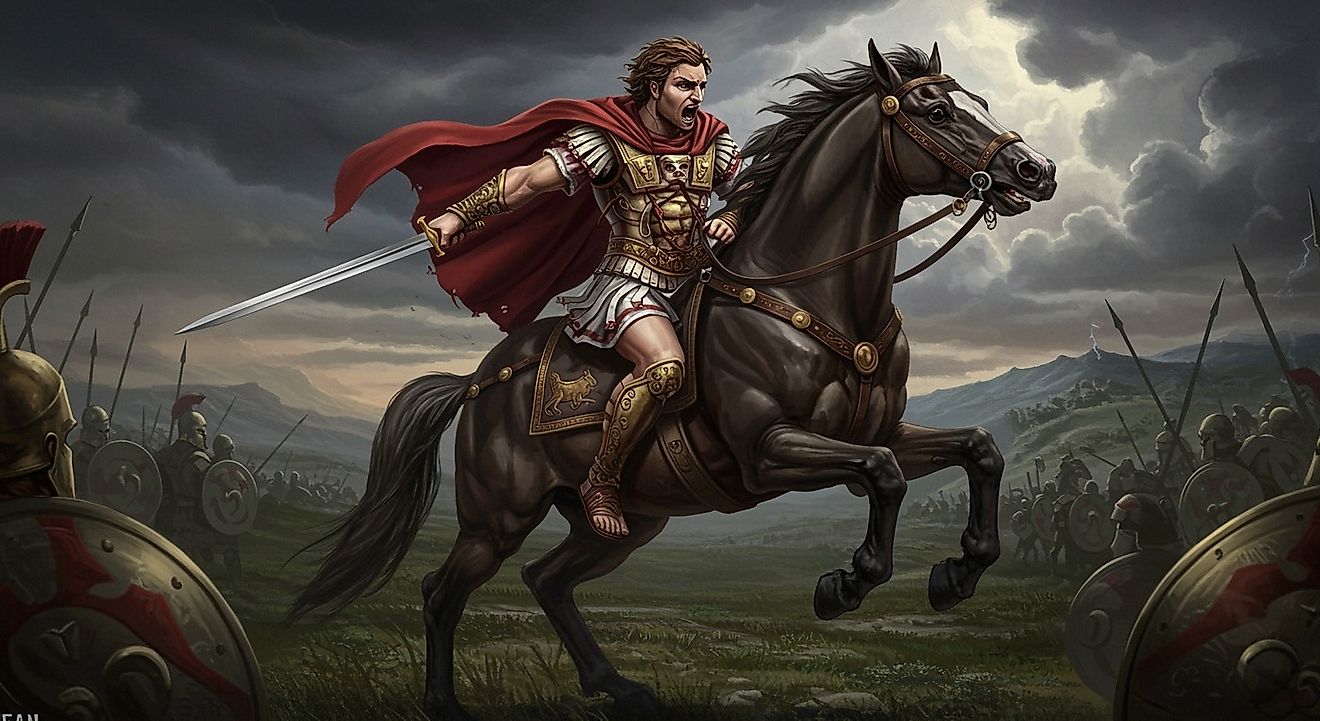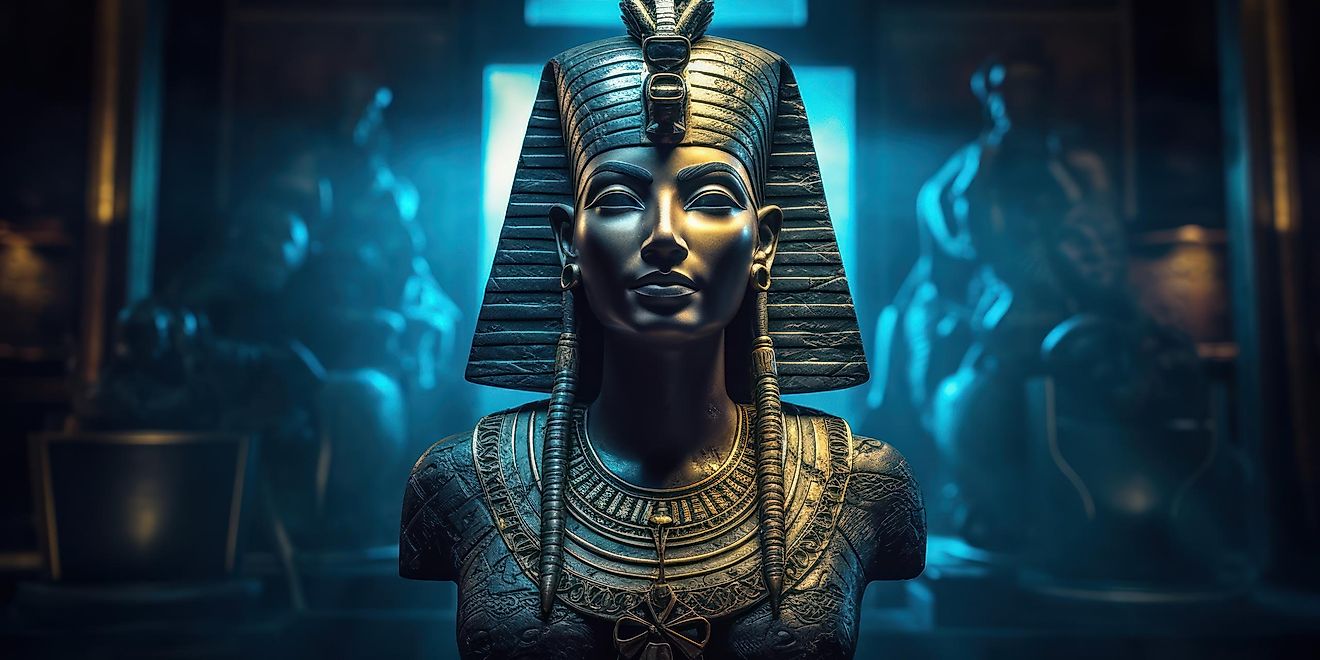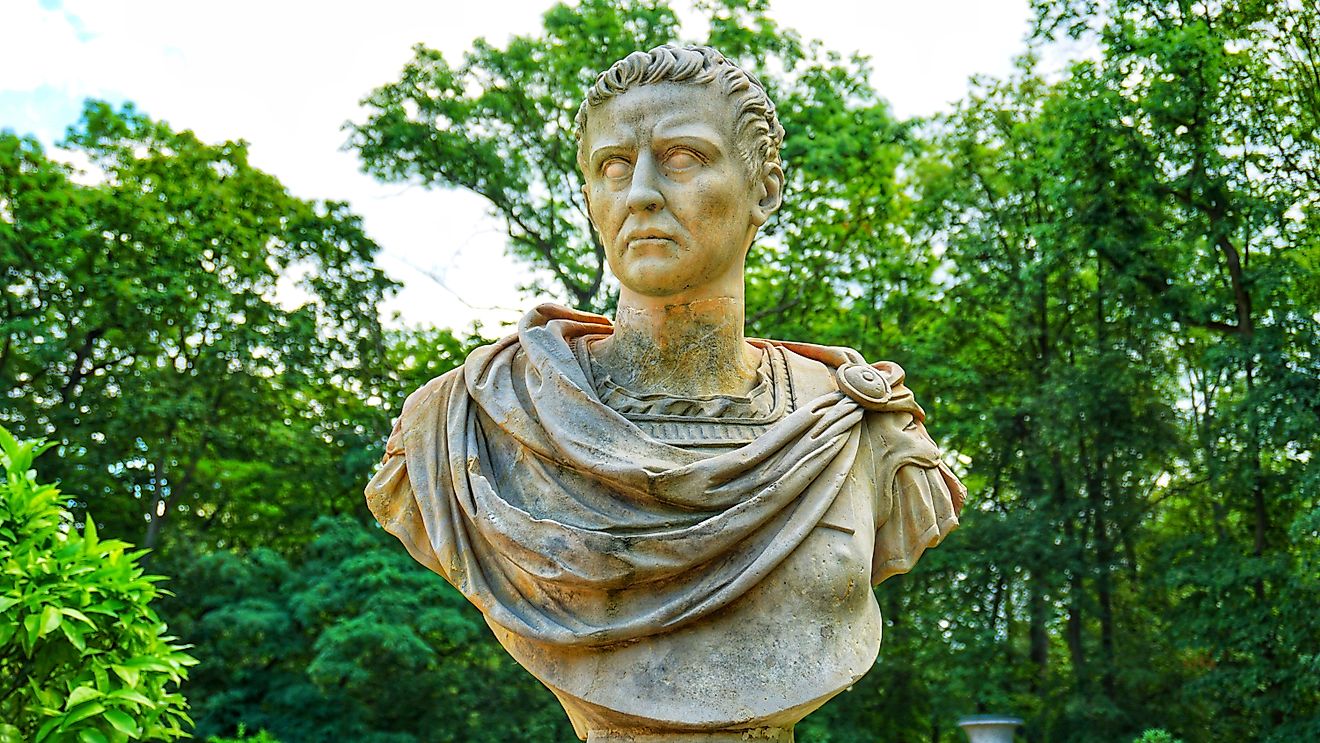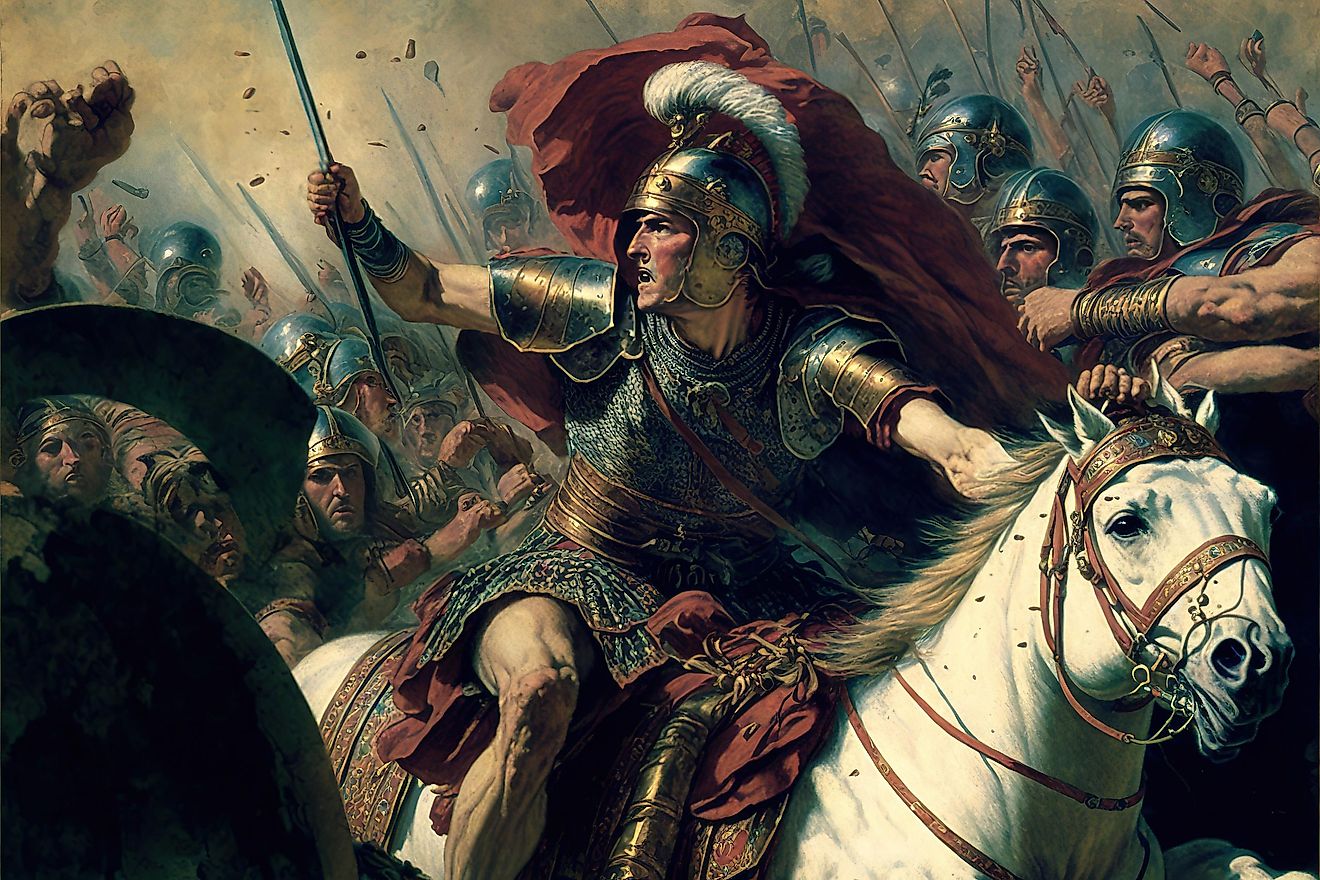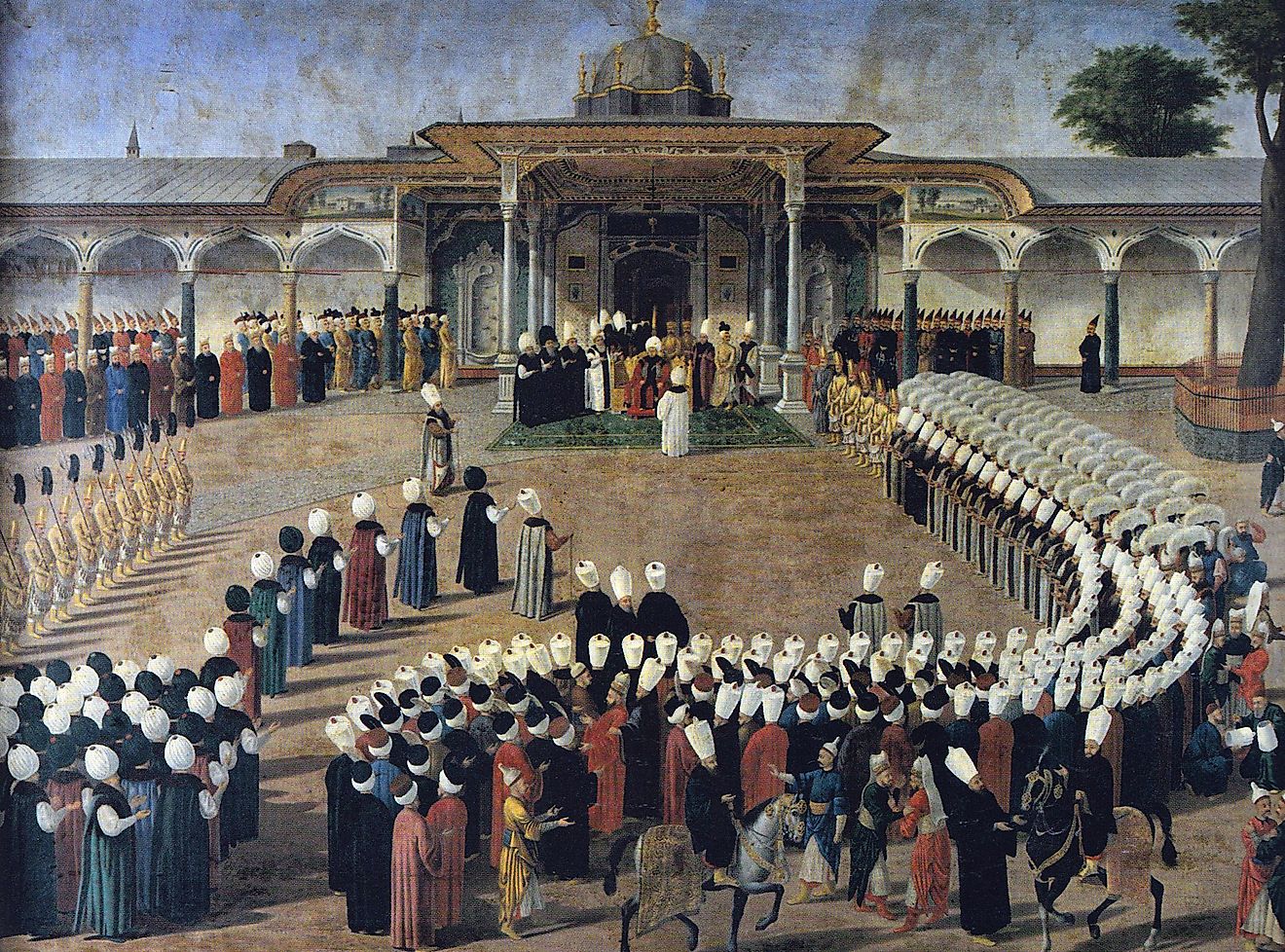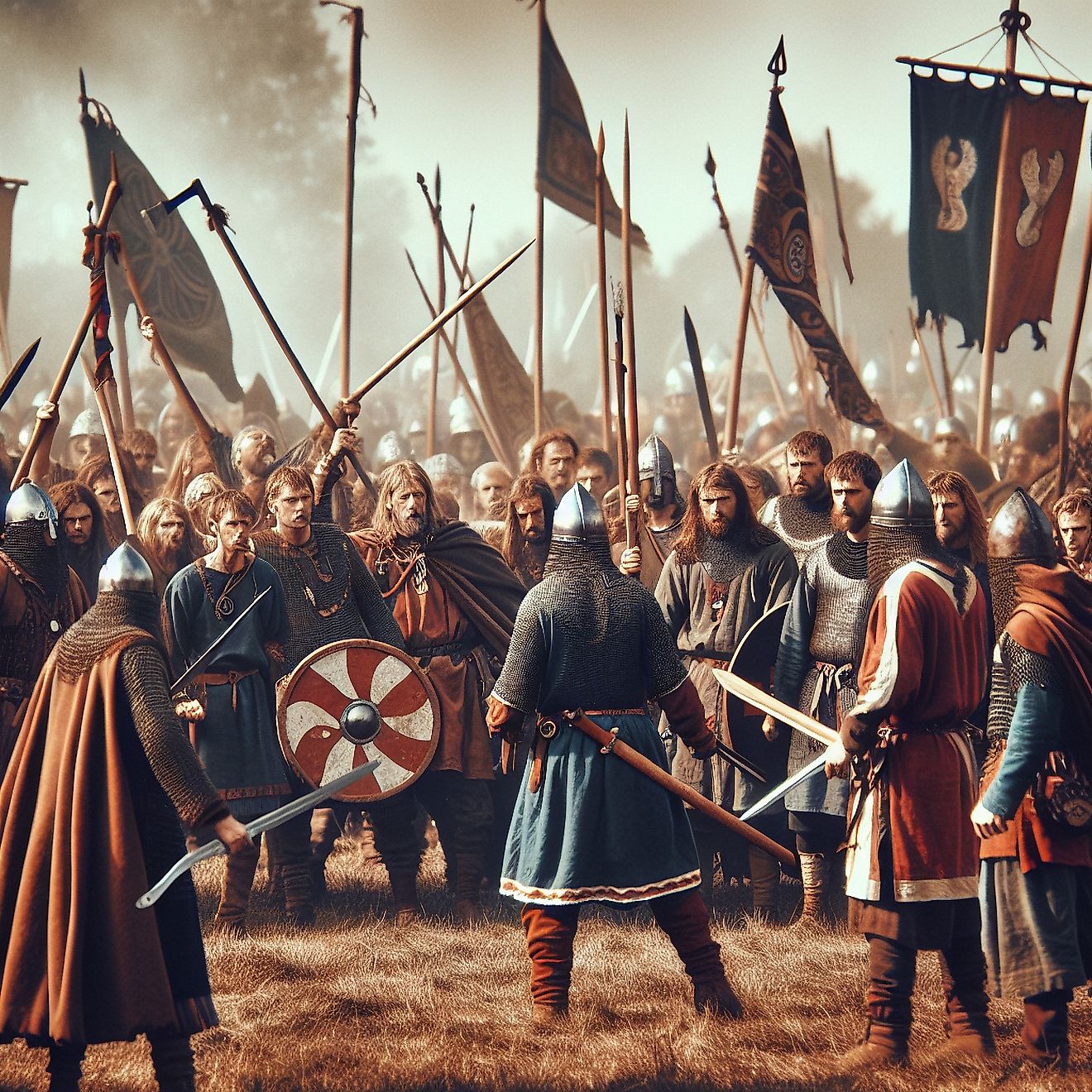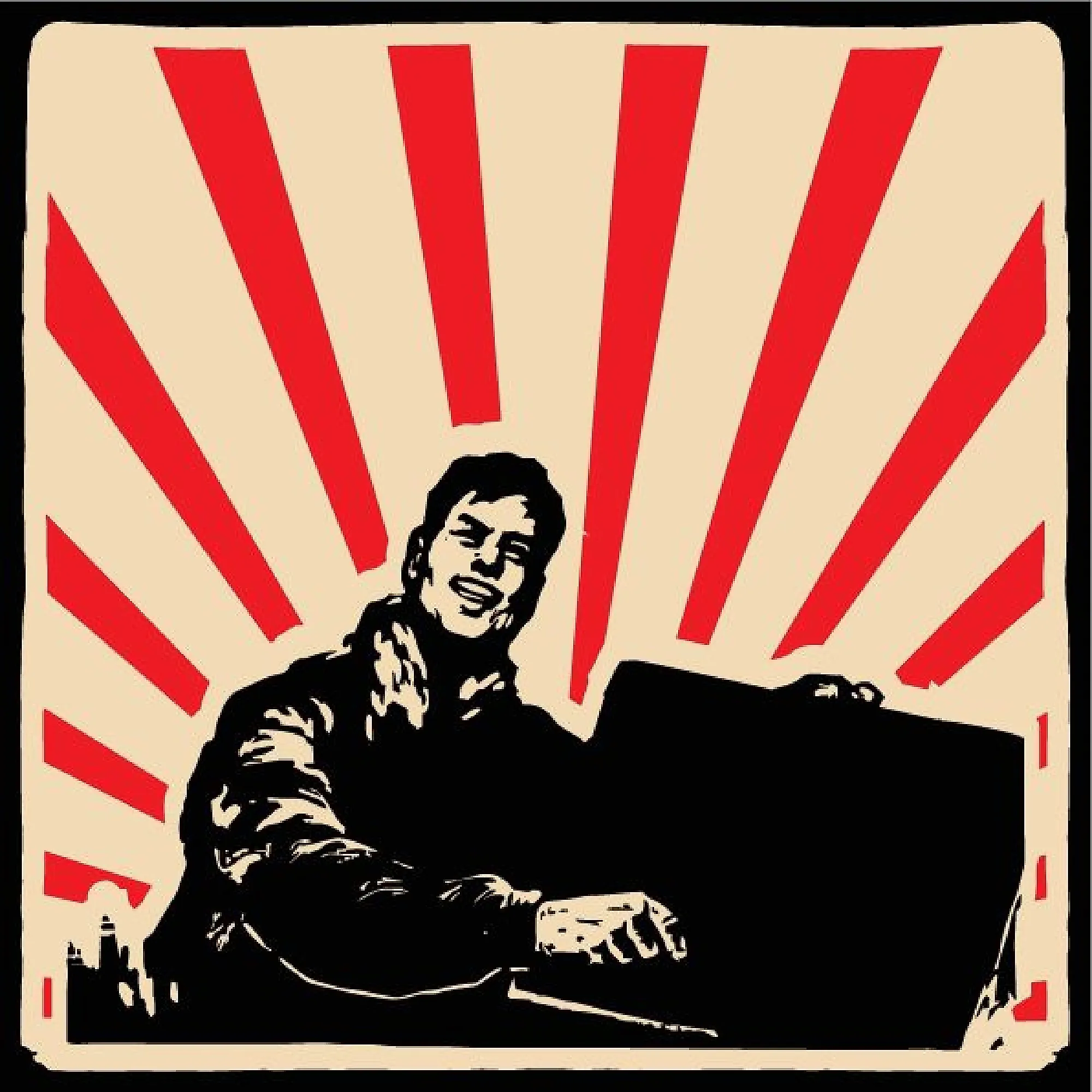
How Fear of Communism Nearly Destroyed American Democracy
The Cold War represented a time of significant tension between the United States and the Soviet Union (USSR). It was deeply ideological, with both sides viewing geopolitics as a struggle between Western free-market capitalism and Soviet communism. In addition to more evident methods of engaging in a cold conflict, such as proxy wars and arms races, both the US and USSR implemented strategies to combat domestic threats. A prominent example of this occurred from the late 1940s to early 1950s under Wisconsin Senator Joseph McCarthy, who led extensive investigations into alleged communist infiltration within the American government. These efforts were marked by campaigns that fueled fear and widespread persecution, resulting in the arrest and blacklisting of many notable left-wing figures based on largely unfounded accusations of communist sympathies.
Early Stages
The first Red Scare occurred in the aftermath of the 1917 Russian Revolution. However, as Mussolini and Hitler rose to power, fear of far-left movements dissipated, with the USSR portraying itself as a bulwark against fascism. Anti-communist sentiments were further quelled during World War Two due to an American-Soviet alliance. But, following the defeat of the Nazis and now lacking a common enemy, the Cold War quickly began. Thereafter, on March 21, 1947, President Harry Truman signed Executive Order 9835, which made it mandatory for all federal employees to be screened for loyalty. Disloyalty was defined as any "totalitarian, fascist, communist, or subversive" sympathies.
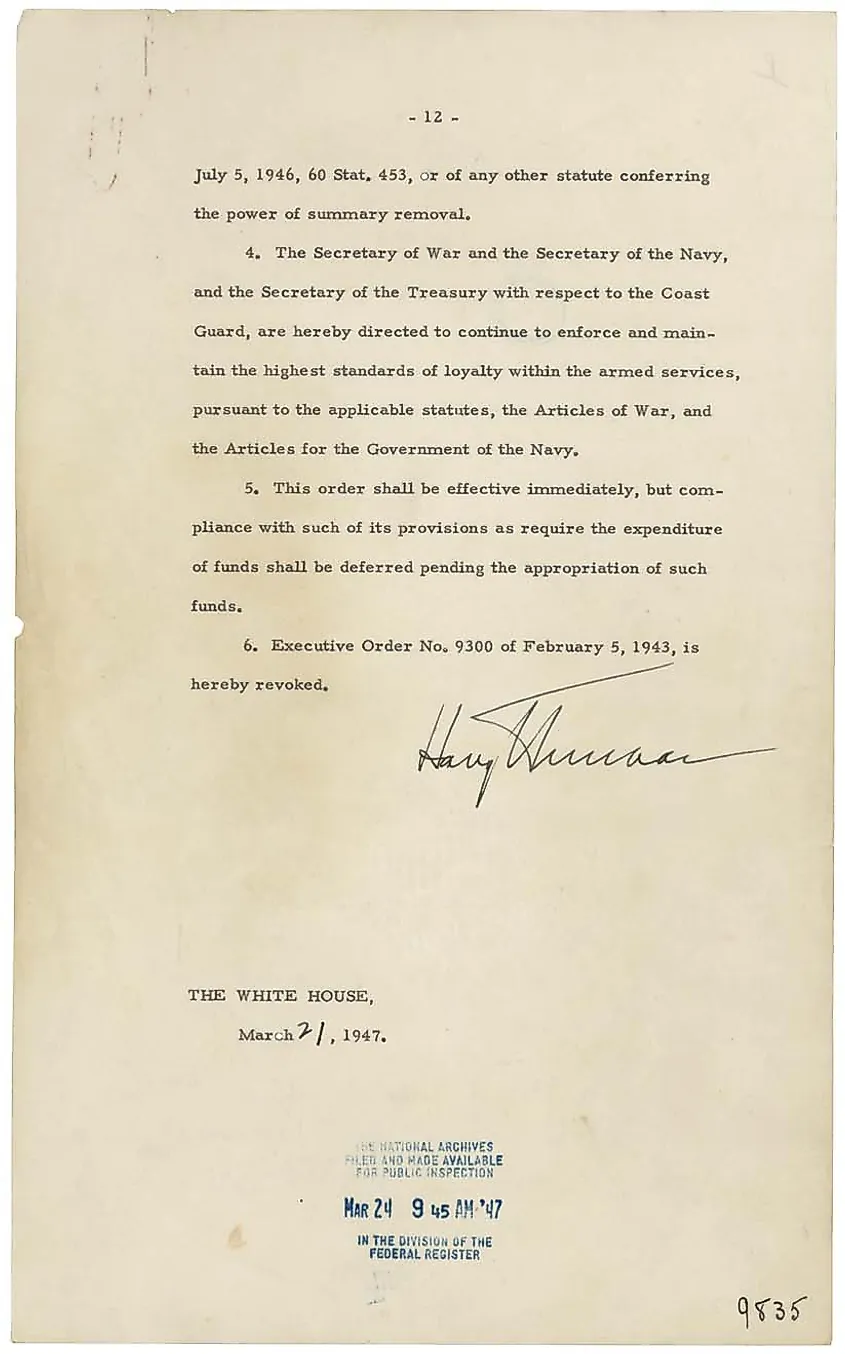
In 1949, with the Soviets successfully testing an atomic bomb and Mao Zedong winning the Chinese Civil War, anti-communist sentiment in the United States increased. It was further heightened in 1950 when several Soviet spies were uncovered. For instance, nuclear physicist Klaus Fuchs was arrested for providing the USSR with information about the Manhattan Project. Julius and Ethel Rosenberg were also arrested for espionage. Despite the accuracy of these initial charges, many subsequent accusations were far less justified.
The Role Of Joseph McCarthy
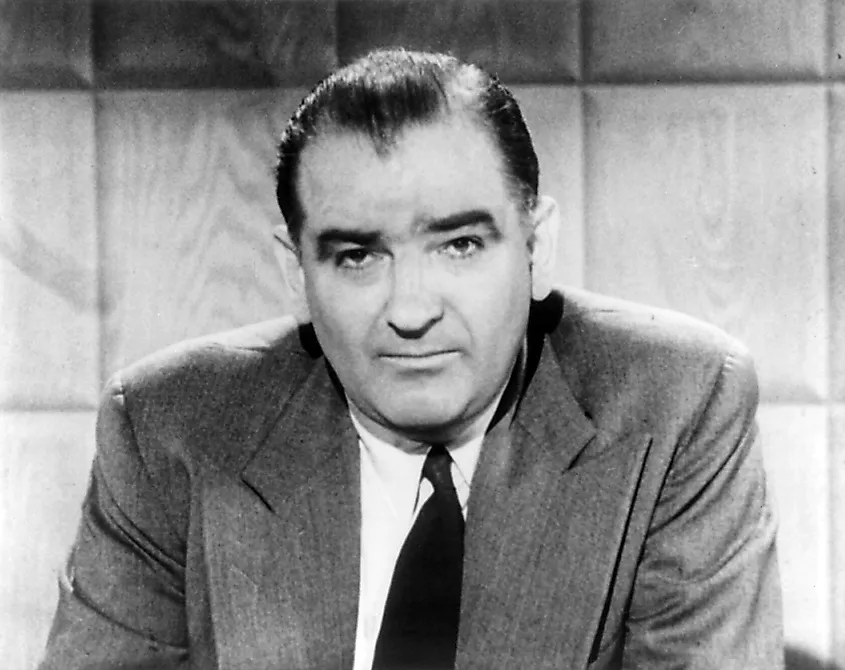
Joseph McCarthy was born in Grand Chute, Wisconsin, on November 14, 1908. A marine during World War Two, he ran for Senate in 1946, a race he won. After a few years of relative obscurity, McCarthy rose to prominence following a February 9, 1950 speech in West Virginia, in which he proclaimed that the United States was in a battle between "communistic atheism and Christianity." He also accused President Truman's administration of housing 205 communists. Despite lacking any evidence for this statement, it brought about a media frenzy and catapulted McCarthy into prominence.
Over the next few months, McCarthy accused hundreds of federal workers of being communists, ranging from low-level bureaucrats to some of the highest-ranking government officials. For instance, he asserted that the Secretary of Defense and author of the Marshall Plan, George Marshall, was responsible for the communist victory in China. He also claimed that the idea behind the Marshall Plan, the billions of dollars of American aid provided to Europe for the post-war recovery, originated in Moscow--even though the plan actually functioned to bring Western Europe into the American sphere of influence. Such unfounded accusations and the general fervor they caused became known as McCarthyism.
The Spread Of McCarthyism
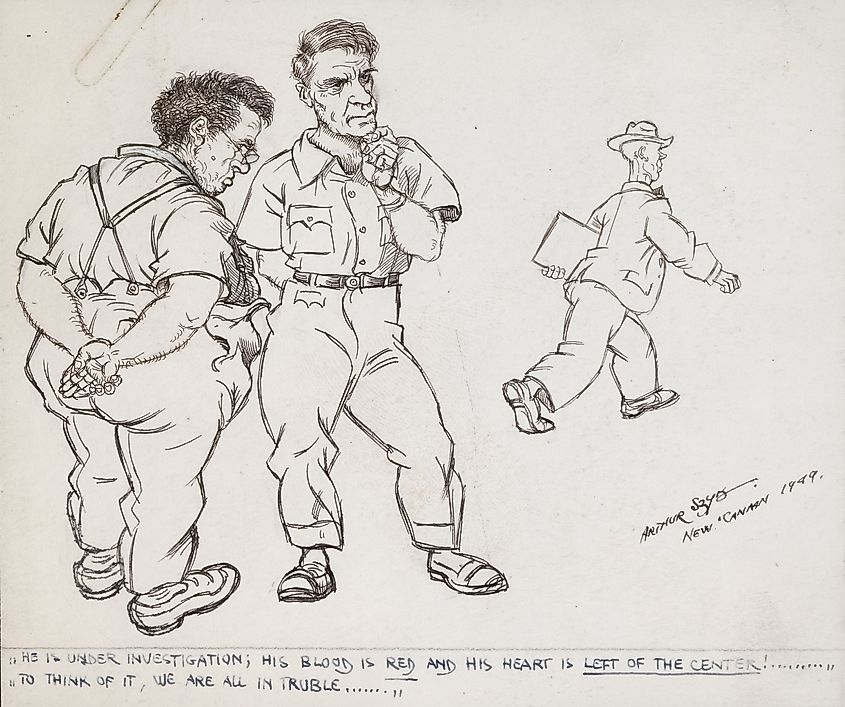
McCarthyism was not just confined to the government but found its way into many aspects of American life. For instance, whereas homosexuality was previously classified as a psychiatric disorder, it was framed by McCarthyism as a threat to national security. Race-mixing, contraception, vaccines, and abortion were also considered Soviet plots.
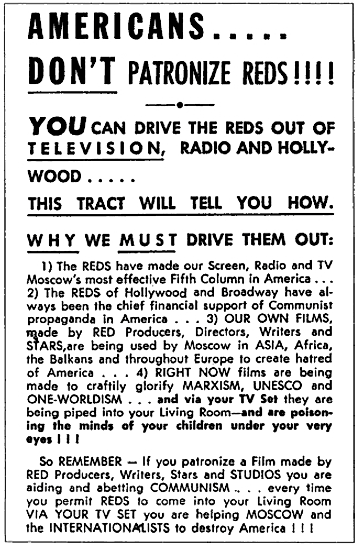
The film and entertainment industry was perhaps hit the hardest by McCarthyism. Hundreds of writers, directors, actors, and musicians were put on the unofficial Hollywood blacklist due to their supposedly being communist sympathizers. Some notable examples of this include Dalton Trumbo, Charlie Chaplin, and Leonard Bernstein. Prominent non-entertainers who were blacklisted or suffered other types of persecution included civil rights activist W.E.B. Du Bois and physicist Albert Einstein.
The End Of McCarthyism
By 1953, Joseph McCarthy had been placed in the leadership of the Senate's Committee on Government Operations. However, the newfound power was a double-edged sword, as it provided a spotlight that revealed McCarthy's bullying and abusive tactics to the public. For instance, when McCarthy questioned General Ralph Zwicker before the Committee, he launched into a verbal tirade and threatened to relieve the general of his duties. As Zwicker was highly respected, having been one of the first men to land at Normandy on D-Day, this display angered many Americans.
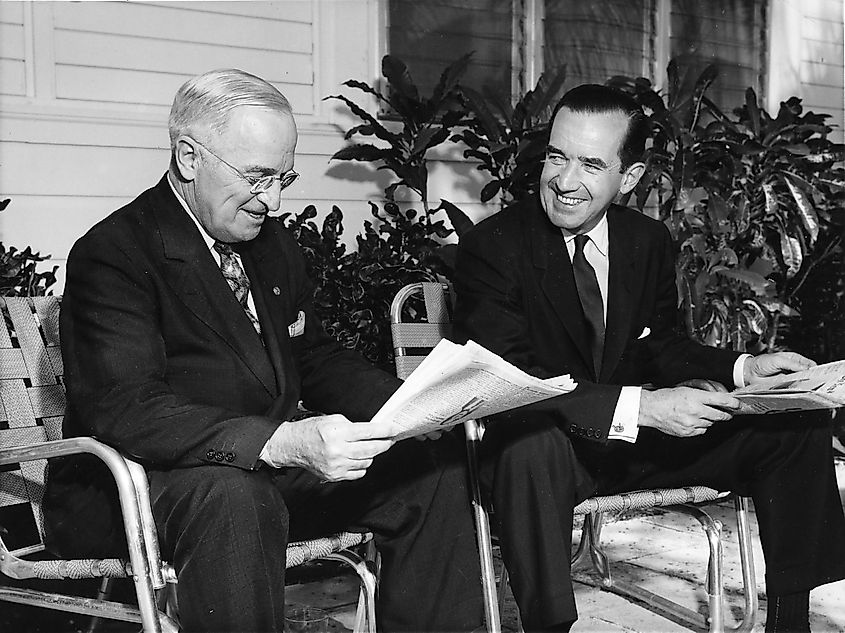
The senator was dealt another blow on March 9, 1954, when newscaster Edward R. Murrow's show See It Now aired an episode exposing McCarthy's dishonest and abusive tactics. The Senate then voted to censure McCarthy in December 1954 for negatively affecting the reputation of Congress. A series of Supreme Court decisions throughout the rest of the 1950s then overturned many of the arrests and firings that had occurred earlier in the decade, deeming them unconstitutional. All this effectively marked the end of McCarthyism, with McCarthy himself dying of liver disease in January 1957.
An existential threat, as communism was perceived to be during the Cold War, can often cause one to compromise or abandon seemingly deeply held principles. McCarthyism was a clear example of this. Indeed, while Joseph McCarthy feared communism due to, among other reasons, its lack of respect for individuality and civil liberties, his crusade against the ideology caused him to abandon these supposed values.
